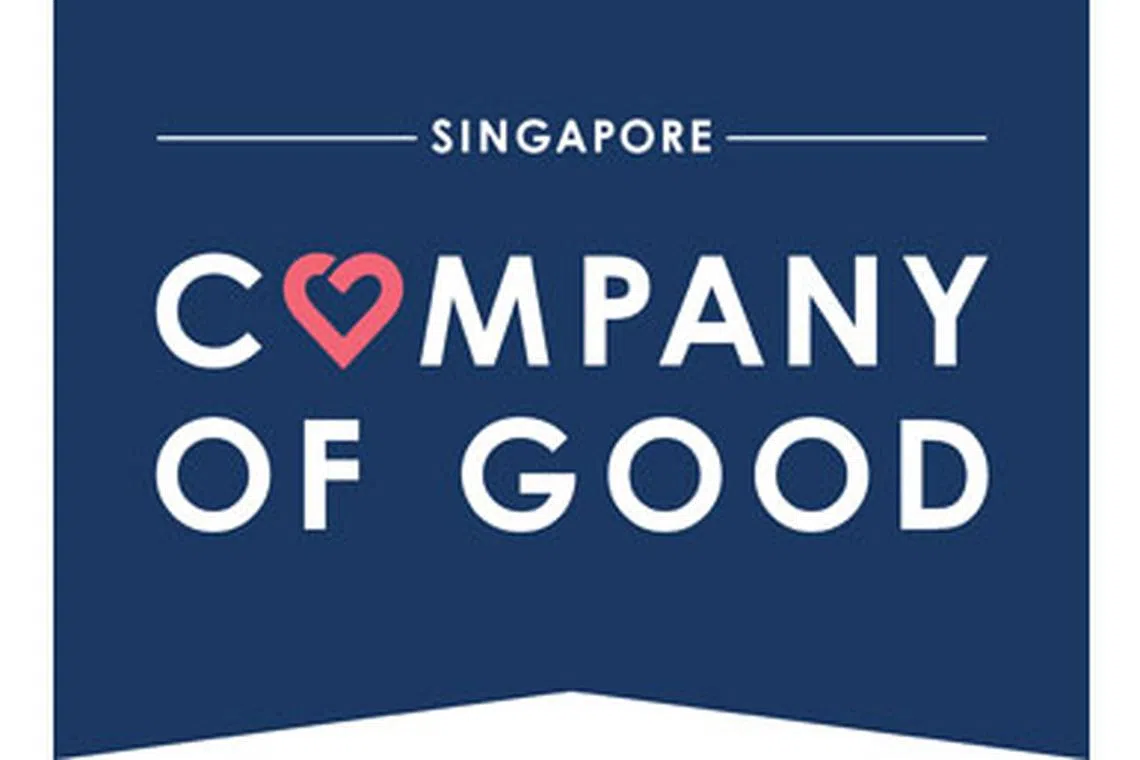Mental health matters at work
Leaders need to show the way to create a safe workplace culture for employees to thrive.
WORLD Mental Health Day, organised by the World Federation for Mental Health to raise awareness and unite in efforts to improve mental health, was observed on Oct 10.
We have certainly moved by leaps and bounds in terms of awareness.
Mental health was one of the three themes for leaders attending the World Economic Forum in Davos last year. (The other two themes were technology disruption and climate change.)
Closer to home, Singapore recently hosted the 12th "Together Against Stigma" Global Conference, at which President Halimah Yacob stressed that more can be done to fight the stigma of mental health and to provide support for those with invisible mental health issues, especially in schools and in workplaces.
Mental health has pervaded our everyday conversations - whether it be the discourse on this year's tough questions in the Primary School Leaving Examination (PSLE) mathematics paper and the "trauma" inflicted on 12-year-old examination candidates, or the record number of teenage boys who committed suicide last year.
The importance of mental health for the workplace and the economy has also been discussed and studied.
The Lancet Commission 2018 Report estimates that poor mental health will cost the economy US$16 trillion - in the form of direct costs in health care, medicine and therapy, as well as in indirect costs as a result of employees being unable to reach their fullest potential, or reduced levels of innovation, productivity and economic growth.
From awareness to action
A study by HR consulting group Aon Hewitt has found that seven in 10 employers in Singapore recognised the impacts of stress and mental health on productivity.
However, only 51 per cent of firms have implemented wellness programmes to address this; 38 per cent indicated no plans to introduce programmes.
So how well are organisations in Singapore doing to create a safe workplace culture for employees to thrive?
As organisations invest in new technology to enhance their productivity, or launch programmes for the community under their corporate social responsibility (CSR) umbrella, are they also investing enough in their own people?
In May last year, 25 C-suite leaders and I came together to form the WorkWell Leaders Workgroup, a ground-up leaders' initiative to champion workplace mental wellness as a leadership priority. These senior executives were from organisations such as PwC (PricewaterhouseCoopers), Dow, DBS, Accenture, Dell, Johnson & Johnson, Shell, NUHS (National University Health System), National Healthcare Group, NCSS (National Council of Social Service) and the Ministry of Education. The group meets every quarter to discuss and co-create inclusive practices, and to collectively influence systemic challenges such as mental health insurance.
For its first collective action, the group rallied more than 60 employers to support the national "Beyond the Label" campaign in the workplace on World Mental Health Day last year; these employers also pledged to support the cause beyond that day.
Leaders need to show the way. To create an open culture of care in their organisations, they have to start with themselves. Among the WorkWell leaders is an individual whose day job sees him leading a business generating over S$1 billion in revenue; he opened up about his mental health struggles and encouraged other leaders to follow suit. Role modelling is an effective way to de-stigmatise mental health difficulties and to spark ripple effects across an organisation and beyond.
The Workgroup has organised the first CEOs' Dialogue at PwC Singapore, which takes place on Thursday. Guest speaker Hsieh Fu Hua, together with 18 CEOs and leaders from both the private and public sectors, will meet in the closed-door event to discuss mental well-being in the Singapore work environment.
This inaugural dialogue aims to address the need for leaders to champion workplace wellbeing as a strategic priority. The leaders will share strategic and practical insights on doing this within their respective organisations.
They will sign a joint pledge at the end of the dialogue to seal their commitment to prioritising mental wellbeing within their organisations and the wider Singapore workforce.
Concrete initiatives can include training supervisors and managers to create a positive work culture, with open communication channels so that their team members can share their mental health challenges, and peer-support training for colleagues to be there for each another. Personal counselling or coaching and mental health workshops such as the Hush@Workplace Experience could also be part of a holistic workplace wellbeing programme.
Employers must also consider abolishing the practice of asking job applicants to declare any mental-health conditions they may have. If the aim is to promote an inclusive workplace culture of mental wellness, applicants should not be asked this, or made to fear that they might be "found out". The right support structures should be in place for employees if they need these. Hiring should be based on merit.
Workplace adjustments may seem costly, but NCSS' survey of more than 500 companies last year found that every dollar invested in workplace adjustments yielded an average of $5.65 in returns - in the forms of savings on medical claims, higher productivity and reduced absenteeism and hiring costs.
In the survey, eight in 10 companies which had implemented mental health-friendly initiatives - such as providing employees the time and space to nap, meditate or relax - reported higher staff morale. Providing flexible work hours had the same effect.
Workplace wellbeing has a direct impact on productivity and innovation, and in the quality of life of employees.
And every employee is a member of society, so it is clear that a caring, inclusive, innovative and resilient Singapore can only come from caring, inclusive, innovative and resilient workplaces.
As leaders and employers, we have made this contribution towards making workplace mental wellbeing a strategic imperative. It is our responsibility and legacy.

Copyright SPH Media. All rights reserved.
